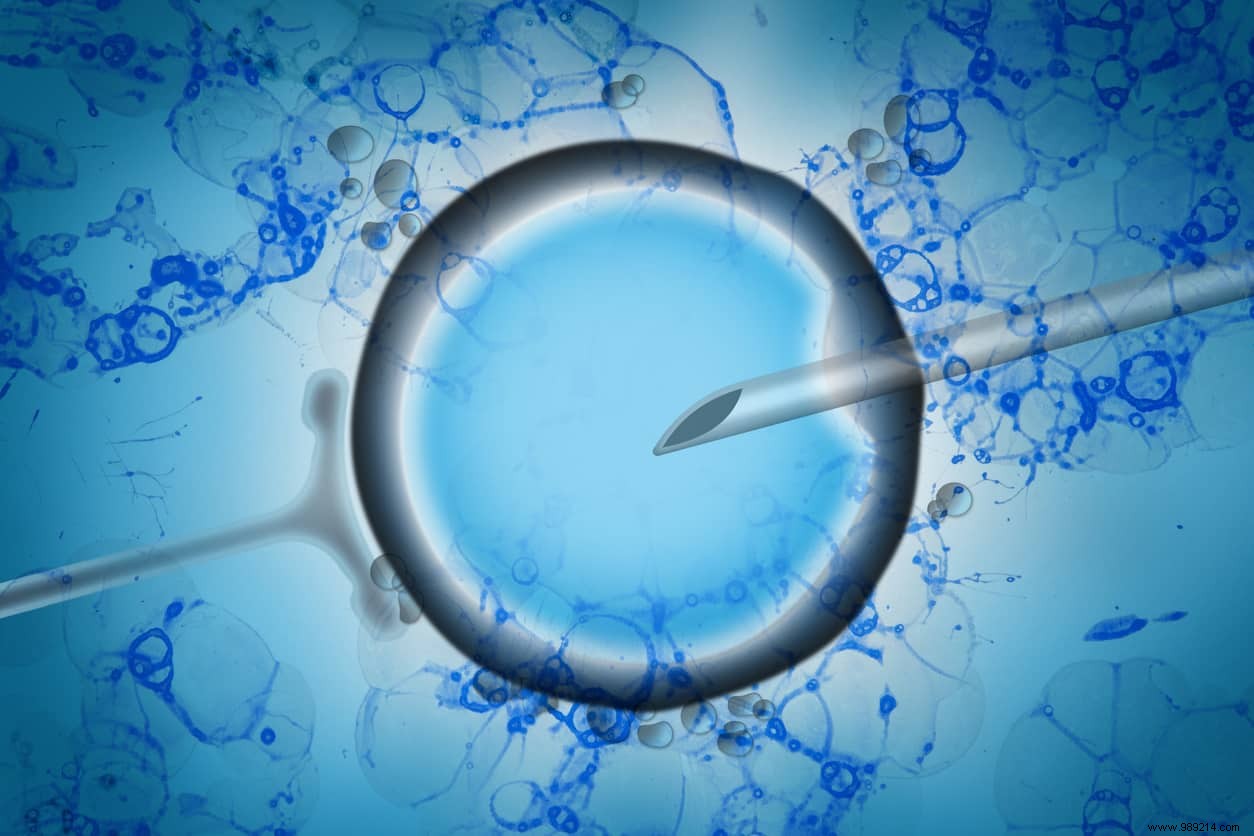Numerous studies have already concerned children and adolescents conceived using medically assisted procreation techniques (MAP). However, none had so far taken any interest in the quality of life of these young adults today. Australian researchers recently tried to shed some light on this gray area.
MAP brings together all of the following medical practices:in vitro conception, conservation of gametes, germinal tissues and embryos, embryo transfer as well as artificial insemination. While these techniques first appeared in the late 1970s, there are no less than eight million test-tube babies in the world today.
Many studies have already dealt extensively with the subject of the physical health and development of children and adolescents conceived by assisted reproduction techniques (ART). This research points to higher risks of birth defects , low birth weight and prematurity, potentially synonymous with delayed neurodevelopment. Observations on the physical health of test-tube babies are on the other hand rather good. However, some concerns have been raised regarding their cardiovascular and metabolic health .
However, science has very limited knowledge regarding the quality of life of adults. Researchers from Monash University (Australia) have filled this void with their study published in the journal Human Fertility on March 22, 2022. According to the findings, adult test-tube babies are not worse off> , quite the contrary.

The study in question concerns 193 individuals from assisted reproduction techniques whose follow-up took place from 18 to 28 years of age. The control group brought together 86 individuals born naturally and whose follow-up took place from 22 to 35 years of age. All of the participants are from the Australian province of Victoria. In both cases, the scientists followed protocols given the green light by the WHO. The objective was to measure the quality of life of these adults considering the following four points:psychosocial, physical, social relations and environment.
This research has investigated many features . These include the sexual orientation of the participants, the age of the mother at birth, the assessment of their weight, their number of close friends and their family financial situation during adolescence. Other points relate to the quality of the relationship with their parents, as well as the frequency of their high-intensity physical activities. However, in the conclusion of their study, the researchers believe that individuals resulting from assisted reproduction techniques have a bonus in quality of life in adulthood. This would have no link with psychosocial factors . Thus, these individuals would feel less psychological distress. They also have a better financial situation, a better relationship with their parents and the feeling of having a correct body mass.
Researchers believe that the use of ART techniques generates greater parental investment. This is reflected in particular by a fairly authoritarian education resulting both in high expectations of the child, but also in more presence and support. However, this educational style is often associated with less risk-taking in life and better psychosocial adaptation during adolescence.